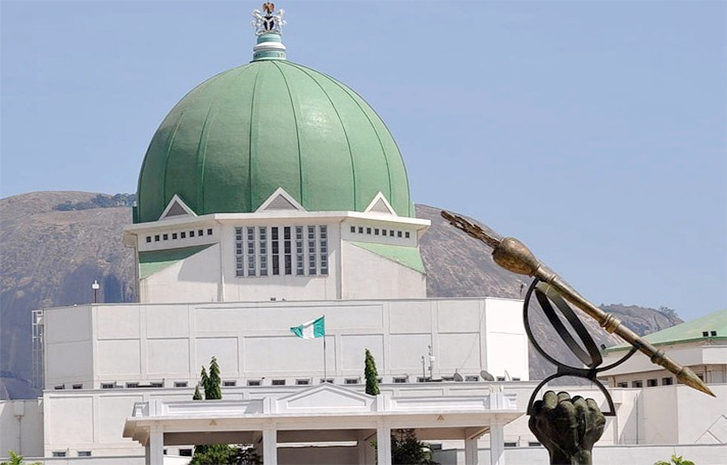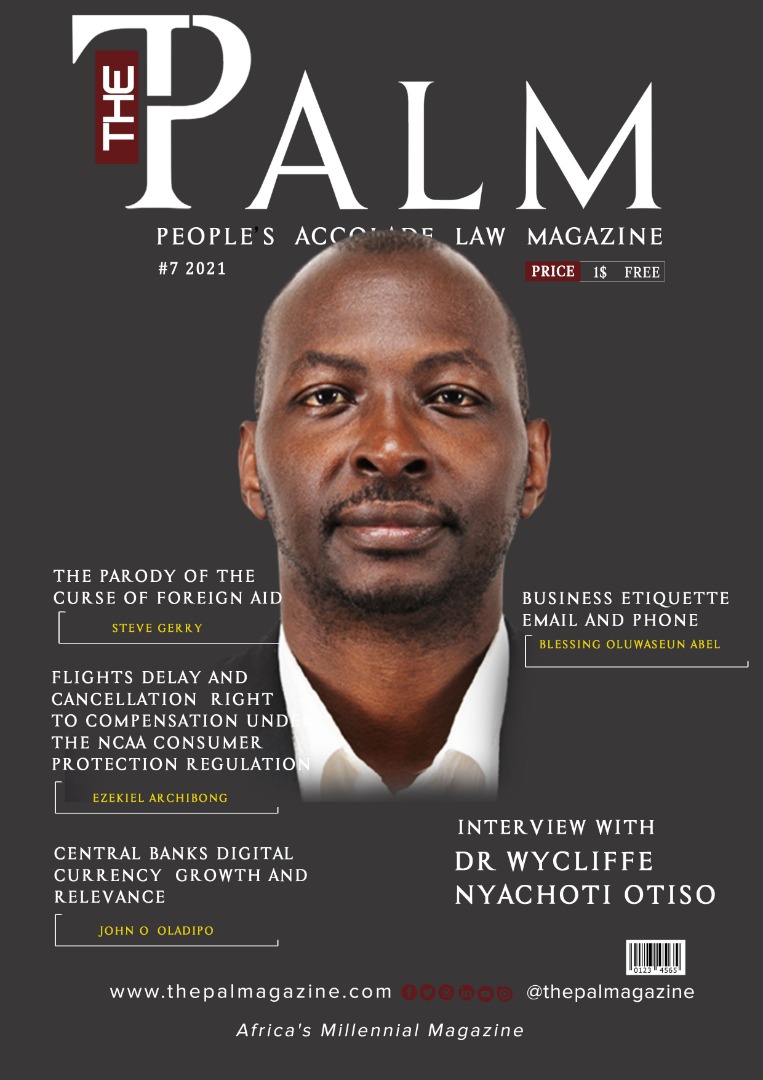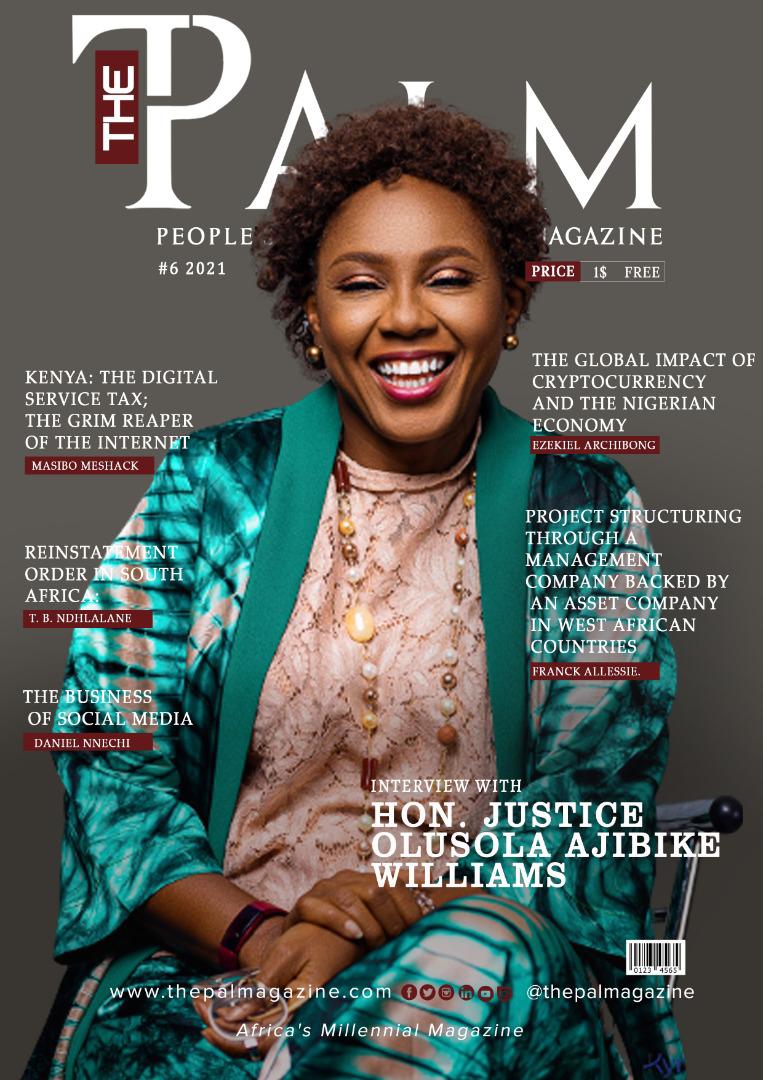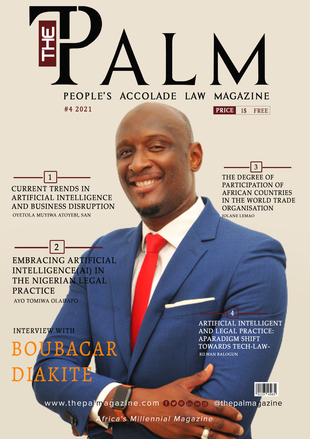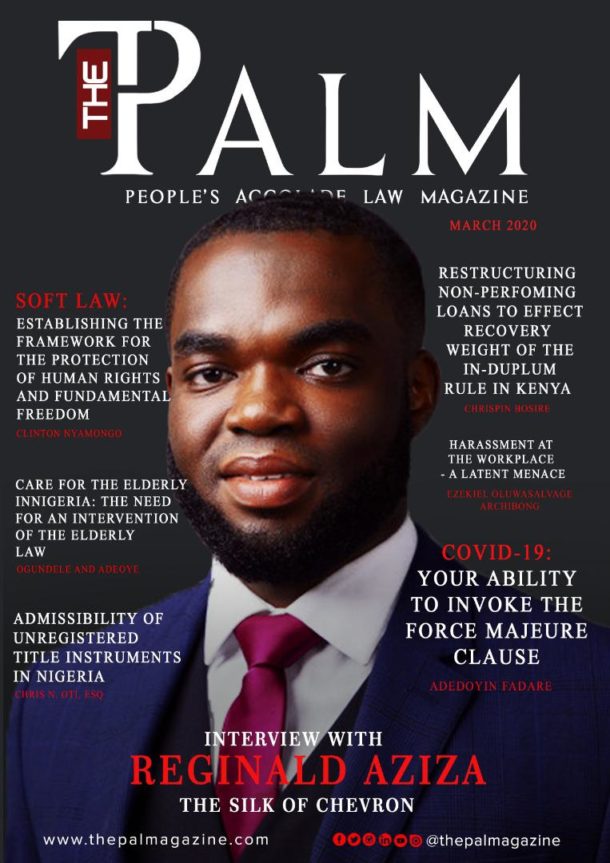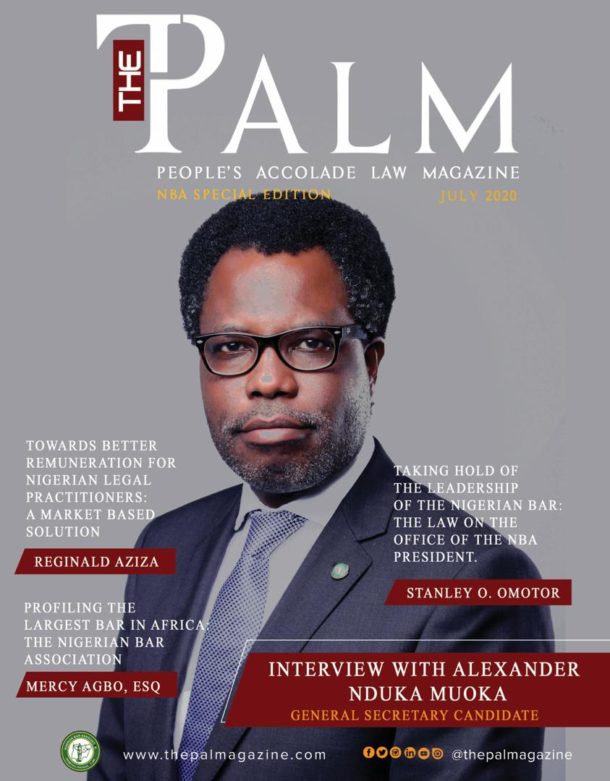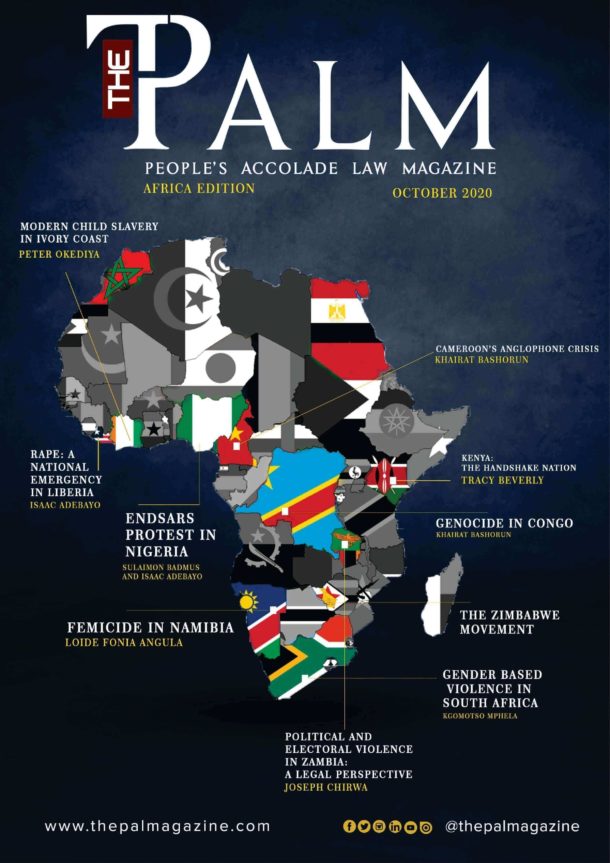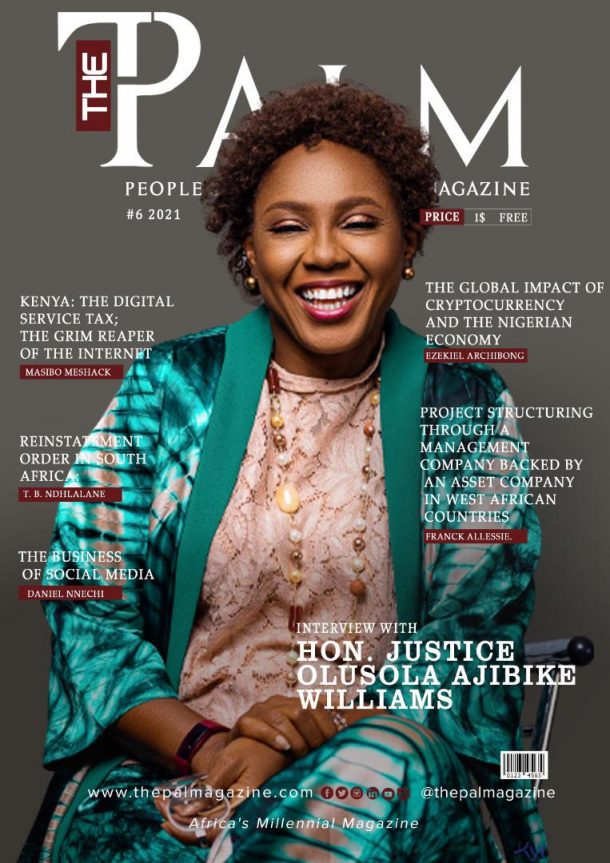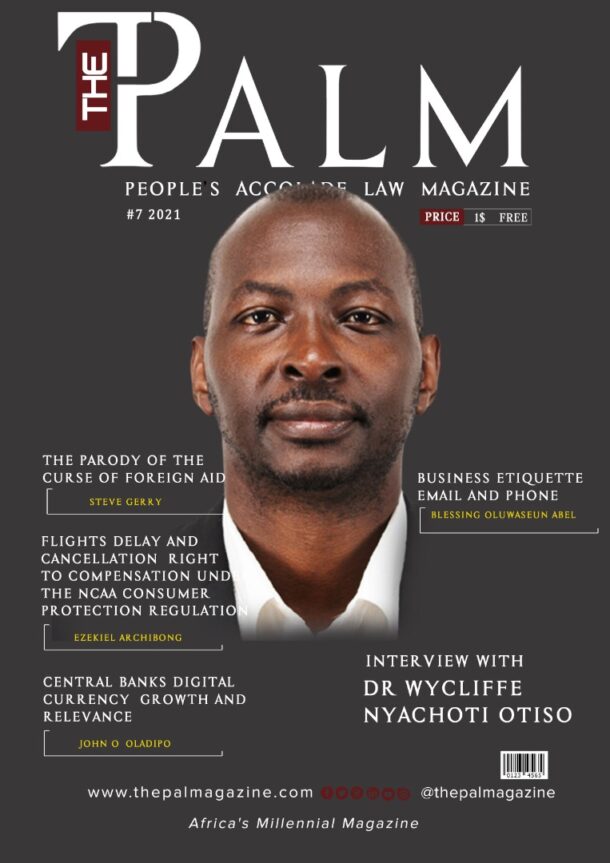At the age of 19, young Tanzanian, Faisal Burhan built a bio-digester machine to supply gas used in his school’s chemistry lab. He also built a microscope for his school’s science labs.
Maman Abdou Kanée built a product, tele-irrigation, that allows a farmer to remotely control the immigration of his farm using a mobile phone via voice call.
Cameroonian, Marc Arthur Zang, created an affordable tablet that records and processes patients’ heart rate before transforming it to a remote station using mobile phone networks.
These stories are inspiring examples of African entrepreneurs rising to solve African problems. Speaking of problems, Africa has been home to quite a lot; from diseases, such as polio and malaria, to absence of infrastructure, inadequate health facilities, environmental degradation, a large number of children out of school, and a huge population of poor people. With these challenges masking the future of Africa, the continent has been tagged with negative appendages: the dark continent, the dark civilization, and the abyss of chronic backwardness and retardation. However, there is a silver lining in the African cloud; many silver linings, I dare say.
The World Economic Forum predicts that by 2030, one in five people in the world will be African. By 2050, Africa’s 1.1 billion population is projected to double in size[1]. Lagos, a city in Nigeria, leads this exponential population explosion as the fastest growing city in Africa, growing at 77 people per hour. At first glance, these figures do not mean much other than indicating an increase in population. And with an increase in population comes an increase in challenges, right? So, where is the silver lining, you may ask? It is right there in the middle of the challenges, like a shining diamond in the mud.
By 2035, the number of young people reaching working age in Africa will exceed that of the rest of the world combined. This is very exciting news considering the fact that the African working population is unlike any other. Brought up amidst a plethora of challenges, they are determined to change the African story. Despite the absence of supporting infrastructures, African youths are building home-grown solutions to home-made challenges. Through their entrepreneurial pursuit, they are creating new markets and building wealth that will have a positive impact on the African economy. These solutions are not going without notice. In recent years, Africa has witnessed an increase in investment, which signifies a rise in the recognition of the continent’s potential for growth. For instance, within the periods of 2012 and 2017, US$10.7 billion was invested in the West African region[2].
In addition to creating solutions, African businesses are also unlocking wealth in the world’s poorest continent and creating new markets in previously unexplored areas. For example, within six years of its establishment, Mo Ibrahim’s Celtel had made $614 million in revenues and $147 million in net profit[3]. In 2005, the company was sold for $3.4 billion. MTN, another player in the African telecom sector has provided employment to about 500, 000 people and currently has a market capitalisation of about $4.9 billion.
The African entrepreneurial spirit is building solutions, creating jobs, and spurring economic growth. Four of the fastest growing economies in the world in 2019 are African countries. There is no doubt whatsoever that Africa is rising with the potential to become an economic hub. The once dark continent is rising by creating its light and no longer relying on the reflection of light bursting forth from other countries. The African youths are running with this light and spreading it across all 54 countries. Africa is rising! Yet, this will remain mere rhetoric and fall into the ashes of unfulfilled potentials until we collaborate by lighting each other’s torches and supporting one another, build infrastructures where there are no infrastructures or weak infrastructures, create opportunities where opportunities are dim, create new markets in previously crowded markets, drive policies that create an enabling environment for entrepreneurship to thrive, and instill an entrepreneurial spirit in our youths from a formative age by including practical entrepreneurship into our education curriculum. This is the only way we can translate the African potential into a reality. We do not have to have it all figured out; the truth is, we will never have it all figured out. Africa is rising, but we must also rise with it. We must seize the wind and act where we can. We must create a sustaining entrepreneurial culture that continuously creates solutions and creates prosperity in the continent.
The future of Africa belongs to makers; you and I who refuse to wait for conditions to be perfect, but launch out right in the middle of the challenges that surround us. Like Faisal Burhan, Maman Abdou Kanée, and Marc Arthur Zang, we need to begin to create solutions to local problems, if we will ever achieve our potential.
Olayanju, is a legal practitioner in Nigeria and also the Managing Editor at The PALM.
Click this link to read our February 2020 Edition
[1] https://www.weforum.org/agenda/2018/06/Africa-urbanization-cities-double-population-2050-4%20ways-thrive/ accessed on March 11, 2020
[2] https://www.dlapiper.com/en/southafrica/insights/publications/2018/11/africa-connected-doing-business-in-africa/private-equity-as-a-catalyst-for-growth-in-africa/ accessed March 11, 2020
[3] https://hbr.org/2012/10/celtels-founder-on-building-a-business-on-the-worlds-poorest-continent accessed March 11, 2020


